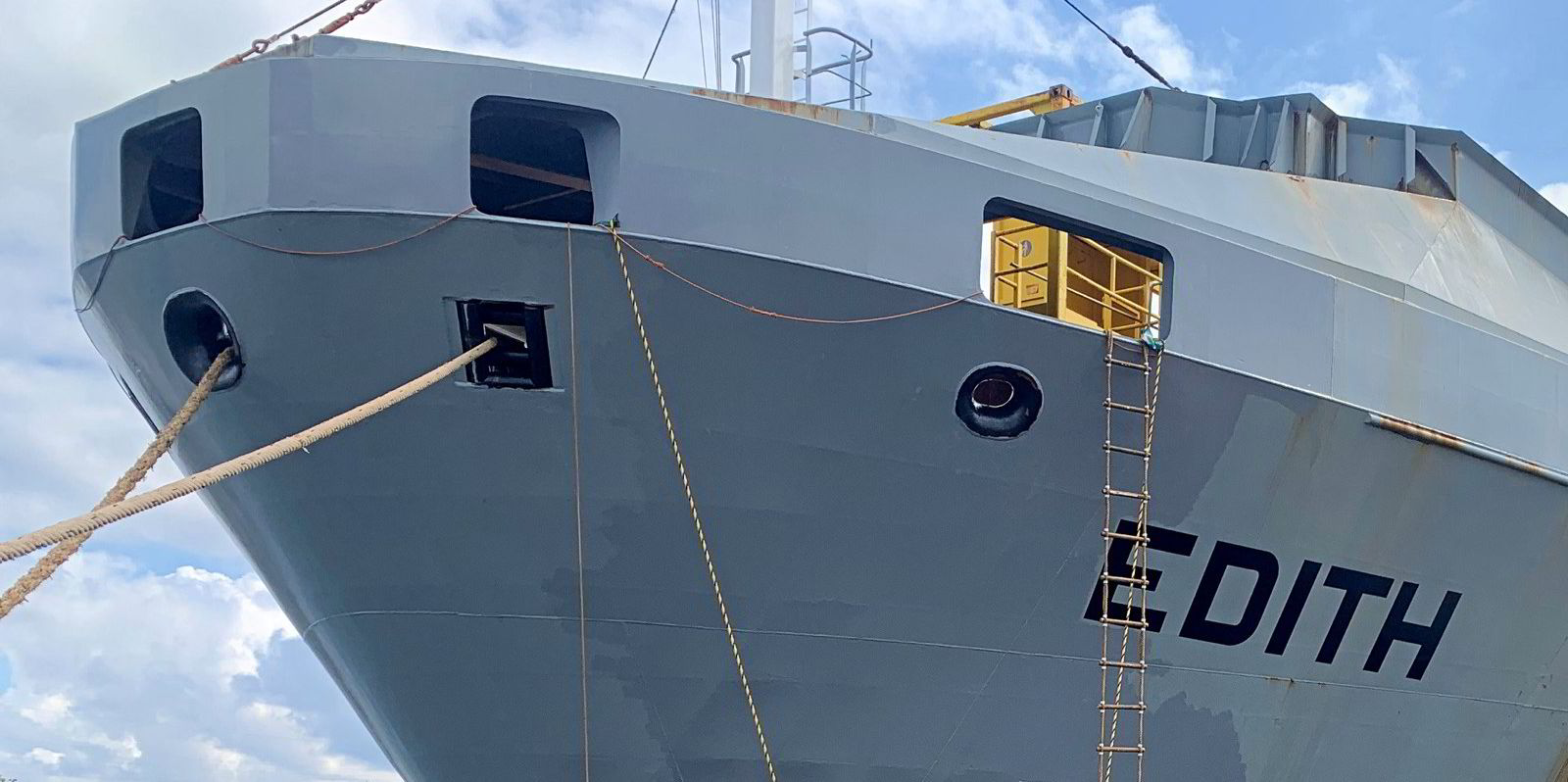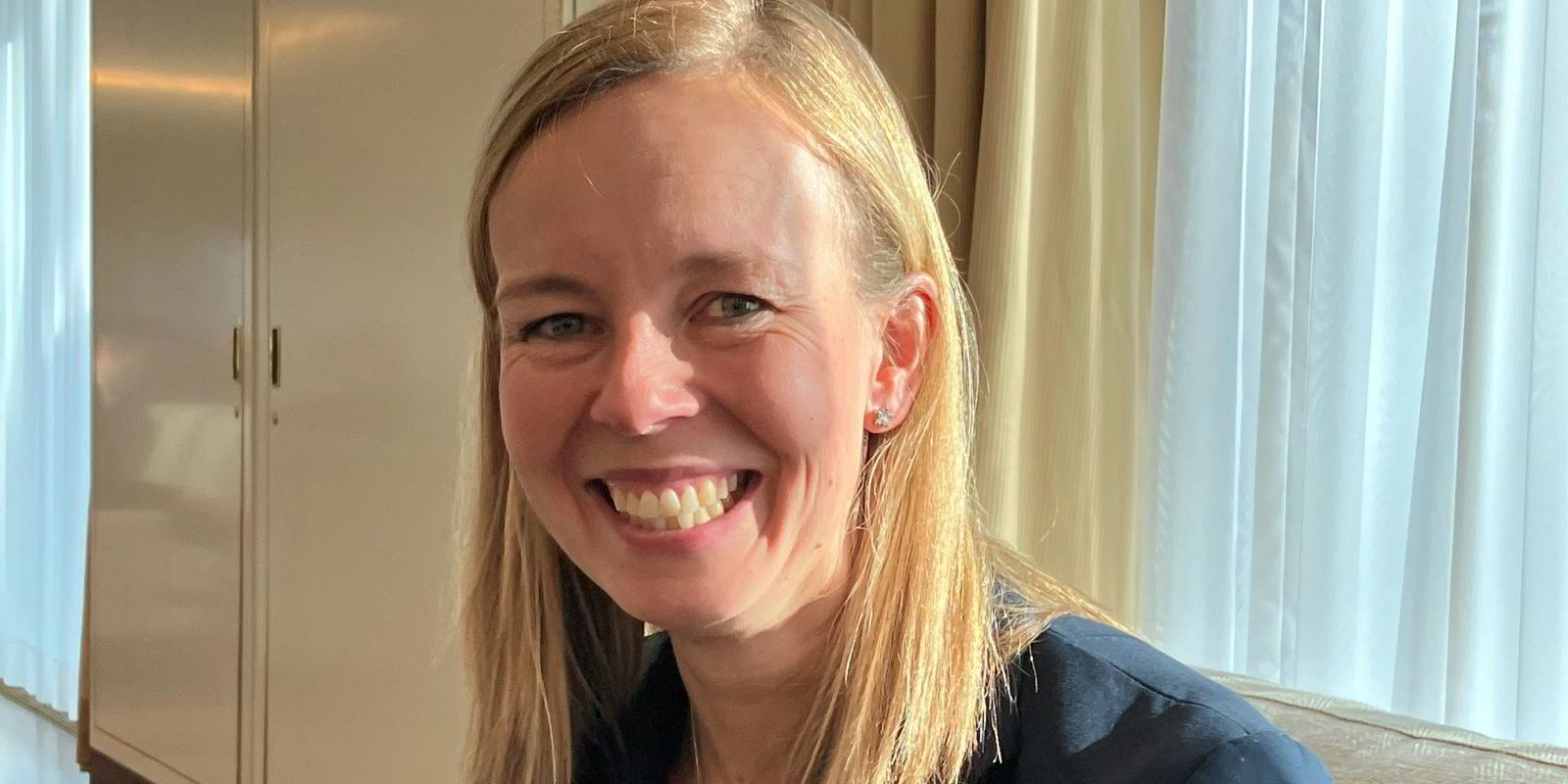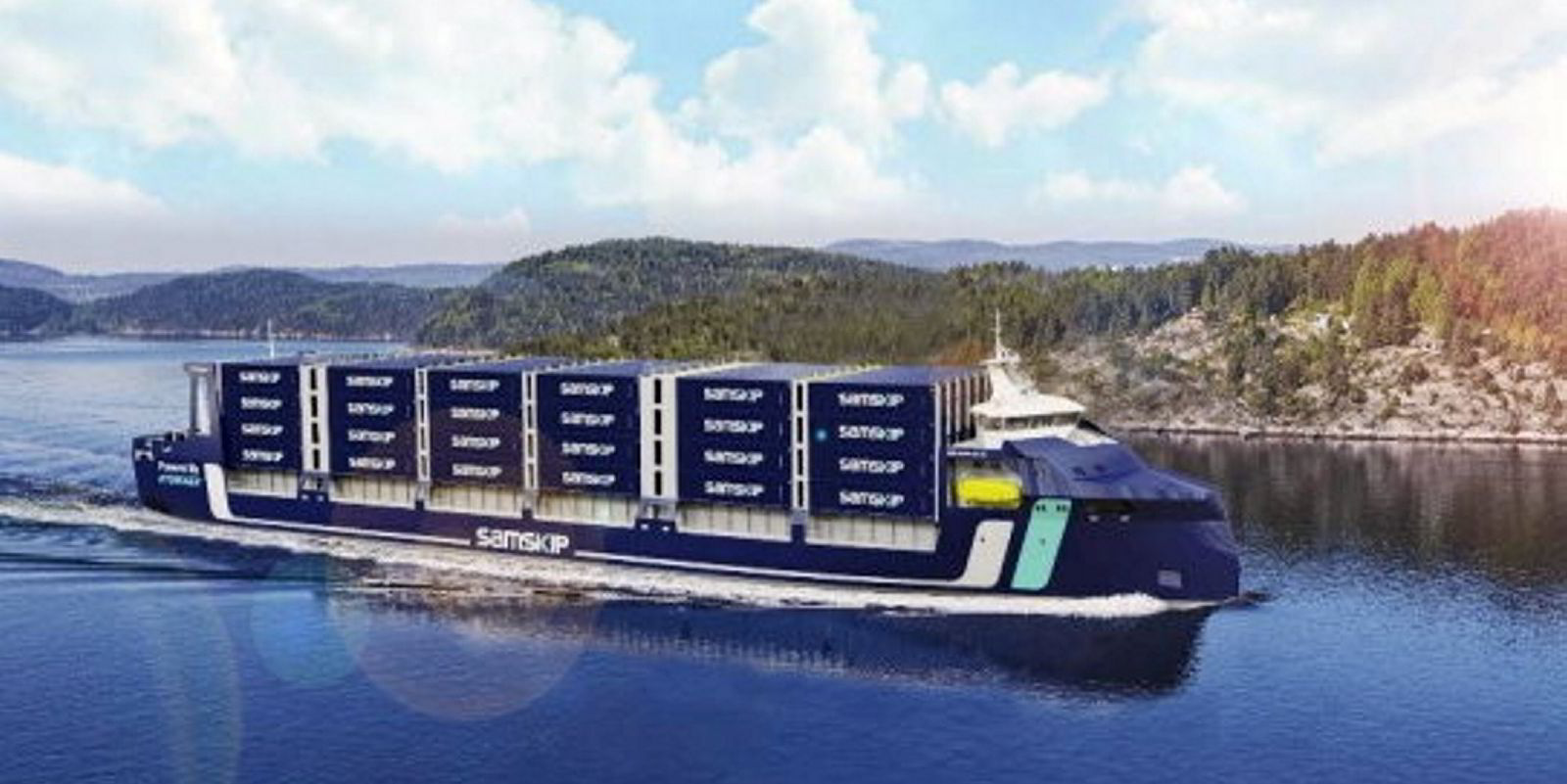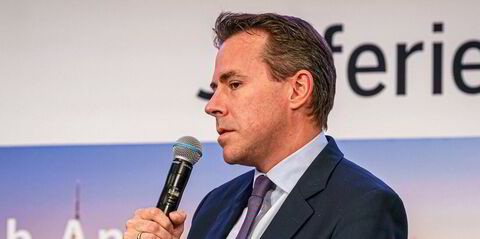Finnish tonnage provider Langh Ship is seeking to lower carbon emission by using biofuels on one of its feeder container vessels.
The 750-teu Edith (built 2005) will use biofuel on a shortsea service between the Netherlands and the UK.
The move is being carried out in conjunction with Dutch charterer Samskip. The Edith takes to five the number of vessels in the Samskip fleet operating their main engines on biofuel.
Bunkering of all vessels is done in Rotterdam.
Fuel is supplied by GoodFuels and is formulated from sustainable waste streams.
Managing director Laura Langh-Lagerlof said the Edith previously ran on low-sulphur, intermediate fuel oil, but the transition to biofuel will help her company comply with International Maritime Organization carbon reduction legislation and is likely to lessen the need for maintenance on the main engine.
“We expect less wear on cylinder barrels and the piston ring area, but this can of course be verified only later through experience,” she said.

Parallel solutions
Biofuels are, however, only one of several ways to improve environmental performance.
“Biofuel allows shipowners to reduce the environmental impact by not having to invest in modifications to the vessel engine room and funnel area,” she said.
“But since biofuel is a limited resource, it is good to look into parallel solutions as well, such as exhaust gas treatment and carbon capture.”
That philosophy has been assumed by Samskip, which is diversifying its fuel supplies.
Samskip announced it has placed an order with India’s Cochin Shipyard Ltd (CSL) for two feeder container ships that will run on hydrogen, with diesel as a back-up.
They will carry 365 45-foot cube containers for European markets.
CSL said the vessels will be among the first such zero-emissions units in the world, using hydrogen fuel cells in a hybrid power system, with onboard storage for hydrogen fuel.




